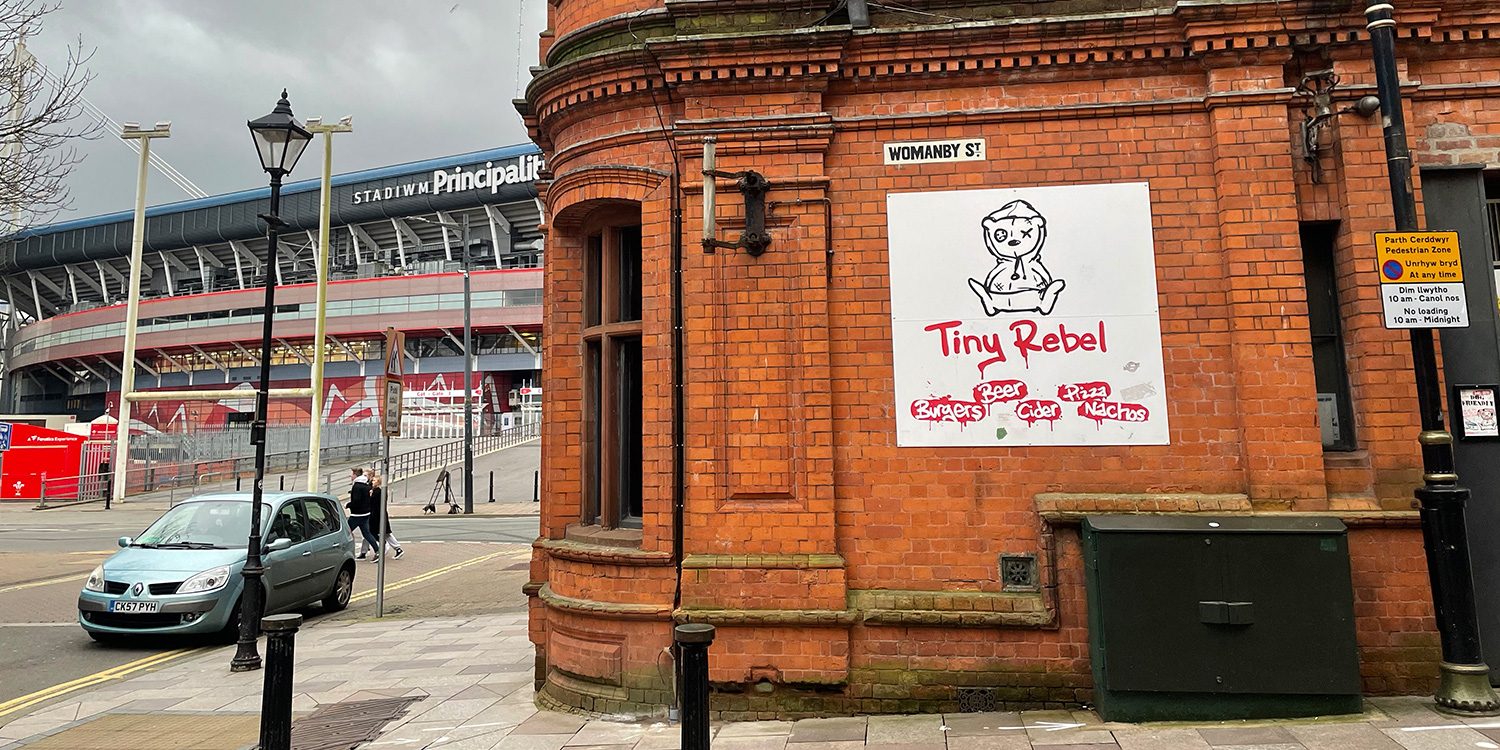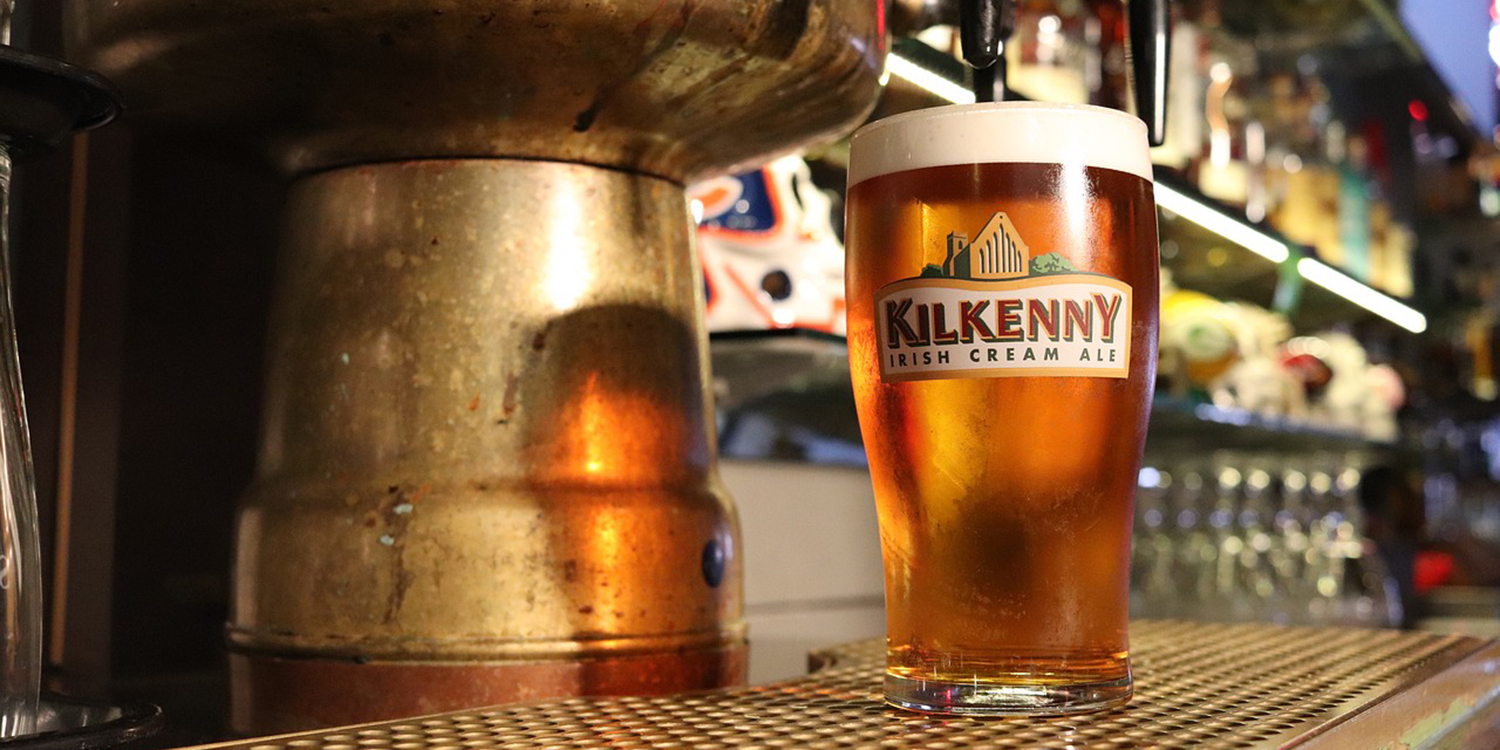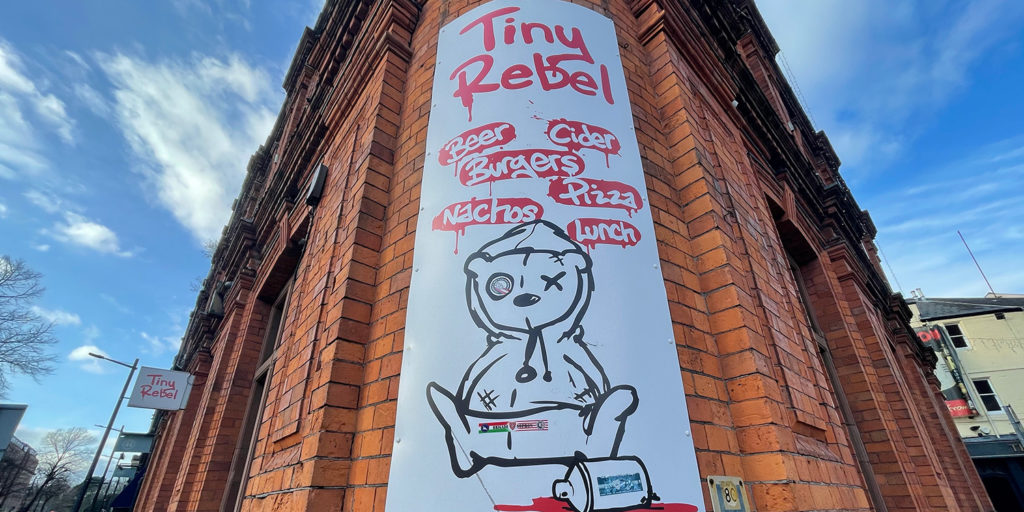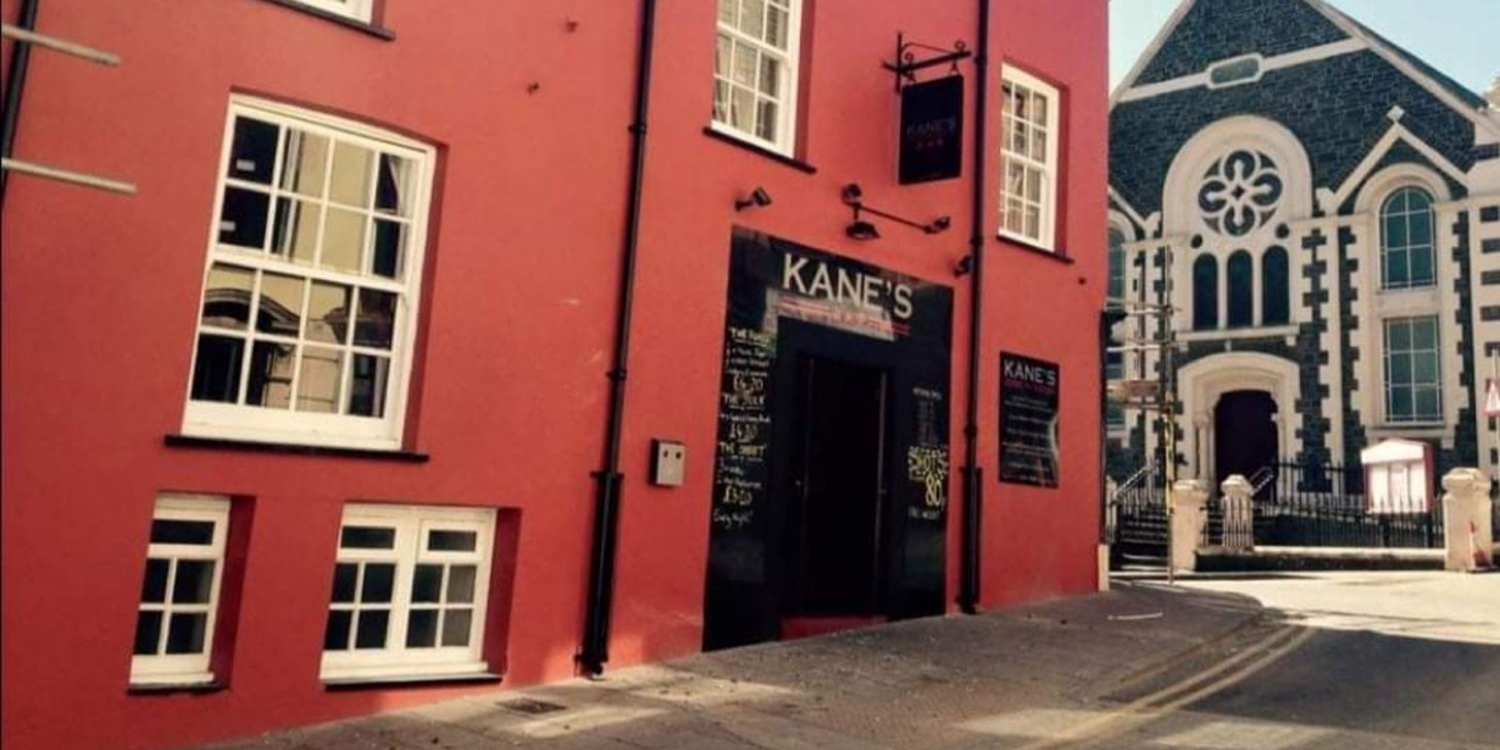The Six Nations rugby usually provides significant income to a flailing industry, but now many landlords are questioning their future

You can listen to an audio version here:
Rugby is a heavily influential part of Welsh culture. This love for sports, ultimately, feeds its way into the economy to the tune of over £30 million every Six Nations tournament in Cardiff alone. Rugby had even been growing in popularity on the back of Wales’ two World Cup semi-final achievements in 2011 and 2019.
During the final 2019 Six Nations match, an incredible one million people in Wales watched their side claim the Grand Slam over Ireland on their television. That number doesn’t even account for those watching in pubs and bars across the nation.
Of course, Welsh pubs and bars rely heavily on the rugby team’s success. According to a CGA Business Leaders Survey, a third of hospitality business owners are anticipating that at least one of their venues will not be re-opening post-pandemic. With a 25% loss of Welsh pubs since the turn of the century, it’s clear the industry will increasingly rely on tournaments like the Six Nations to drive punters though the doors.
Back in January, the British Beer & Pub Association commented that a third lockdown would be another blow to the sector, following an “abysmally quiet Christmas and New Year’s”. Pub closures are “imminent,” they warned, unless the government offered greater financial protection. Business Live decided to dig deeper to see what life is like for Welsh publicans without the promise of sporting events on the horizon.
Patrick’s Bar in Bangor

Bangor has a handful of exciting bars for students and locals to cram in together for the big match. Perhaps the most prominent of these is Patrick’s Bar, an Irish sports bar owned by the somewhat weary Patrick Barry for over 20 years.
“It’s very hard at the moment,” Patrick confesses. “I’ve got to go for walks just to keep my head afloat.”
Patrick’s bar operates under small business rates, so he was entitled to a £10,000 grant from the government. However, this pales in comparison to what he would usually be earning. What’s more, Patrick is still expected to pick up extra costs on the side.
“Local authorities [are] invoicing me for new bins,” Patrick says. “I have to pay £200 for my licence for a pub but I’ve not been open.”
Patrick estimates his losses to be over £100,000 since the first lockdown hit. When his bar has intermittently been allowed open, his capacity was reduced from over 100 people to just 40. For a small business this is devastating, but there will be wider cultural impacts for the city of Bangor.
“When [it’s] the Wales and Ireland game it’s very big,” Patrick explains. “The atmosphere is brilliant! I put on live music before the game and all the other pubs are busy too.”
For every Six Nations match that passes Patrick by, he knows that’s thousands of pounds Patrick’s Bar, and the other establishments in Bangor, will never see.
To make matters worse, last year’s St. Patrick’s Day also fell to Covid-19 with Bangor University closing up a few days before the celebrations.
“St. Patrick’s Day is one of my busiest days of the year and it was the worst one I’d had in 21 years,” he sighs. “[We] took just £2,500.”
Patrick is heartened by the belief that there’s “always a demand” for Welsh rugby and seems confident that his bar remains an exciting venue for fans. The only problem, of course, is that it seems unlikely the bar will be allowed to open in time for Wales’ final game against France on 20 March. It may be another event that passes Patrick’s Bar by.
Tiny Rebel’s bar in Cardiff

The Newport-based brewery, Tiny Rebel, and owner Brad Cummings, hold a greater stake in Welsh rugby than most businesses across the country. One of their three bars is located quite literally a stone’s throw from the Principality Stadium, the home of Welsh rugby where all home matches are played.
“I was cycling through Cardiff city centre last Saturday just before the [Wales Six Nations] game,” Brad remembers, “and it was heartbreaking to see [the bar empty] like that knowing it was game day.”
…it was heartbreaking to see [the bar empty] like that knowing it was game day
In normal times, the Tiny Rebel bar would have been full to the rafters with punters drinking to their heart’s content before making the short walk to the stadium to watch the match. Nowadays, the bar is empty on matchday until further notice, and this year neither Brad nor his customers can look forward to the “electric” atmosphere the bar can generate.
Things had certainly seemed on the up for Tiny Rebels’ Cardiff bar before the advent of lockdowns. Although Brad finds it hard to say whether Welsh rugby was becoming more popular or not, he is adamant that matchdays, known to Tiny Rebel as “impact days”, had more people queuing to get into their bar in recent years than had previously been the case.
The consequences of the past 12 months for Tiny Rebel could have been fatal due to their reliance of ‘on-trade’ sales, with around 85% of all revenue in previous years being garnered from selling to bars and restaurants. With lockdowns in place, this wasn’t possible. Thankfully, Tiny Rebel had started tapping into online sales.
“We invested quite heavily in our website,” says Brad. “Even before Covid, we had our online shop geared up, ready to go, and we were trading really well! It was small but growing quite rapidly.”
This strategy brought some success, and they even sold more beers than in 2019. But this innovative marketing plan couldn’t bridge the gap of lost on-trade sales. Tiny Rebel’s reliance of sales to bars and restaurants across Wales was too great, and Brad admits that government grants and the furlough system operated as a “lifeline”.
It’s no wonder Brad misses rugby fans in the heart of Cardiff. No doubt they miss Tiny Rebel, too.
Kane’s Bar in Aberystwyth

The Six Nations is not the only sporting event that the Welsh take note of, however. The men’s football team qualified for the much-anticipated European Championship (Euros) set to be held this summer. After Wales’ success in the 2016 edition of the competition, many pubs and bars will have one eye on government restrictions in the hope the country will have opened in time to televise the event.
One such establishment is Kane’s cider bar in Aberystwyth. Owner Ffion Roberts is often at pains to keep sports out of her bar but admits this simply isn’t an option when a huge sporting event like the Euros comes around, especially if Wales are a part of it.
“The biggest loss for us would probably [be] the Euros,” Ffion explains. “I’m expecting quite a big crowd for that.”
Ffion had only just become the owner of Kane’s when Wales went on a mesmerising run of form during the last Euros. She remembers that summer fondly with her bar becoming “absolutely packed” by the time of Wales’ qualification from the group stage.
Such was the anticipation for the upcoming tournament, which should have gone ahead last year, Ffion added an extension to her bar with the hope of cramming in as many punters as possible. Events like these can help bring new faces to the bar, so Kane’s survival may rely on restrictions being eased by the summer.
“Once [new customers] are in, you tend to find they’ll come back,” Ffion says.
During a normal summer, Kane’s Bar is often quieter as Aberystwyth tends to rely on the trade of students. But Ffion will be relying on trade this summer being perhaps the best ever if she is to make Kane’s a financially viable venture once again.
“The government funding has been the lifeline and, while it’s appreciated, it’s nowhere near sufficient,” states Ffion. “The funding leaves us almost £2,000 short a month – and that just comes from my personal savings. I’ve not taken a wage since last March, myself.”
She believes things can go on like this for just another six months. With a young family to think of, Ffion may have to make difficult decisions if crowds aren’t allowed back into her bar in time for the Euros.
Rugby popularity in Wales:
An extra seven million pints were expected to be sold in British pubs and sports bars going into the 2020 Six Nations on the back of the rugby World Cup
Over 80% of Wales’ TV audience watched their team’s final game of the 2019 Six Nations against Ireland – including many in pubs and sports bars
The Six Nations usually contributes £30 million to Cardiff’s economy every year
A struggling industry:
Wales had the largest loss of pubs out of any region in the U.K between 2018 and 2019
Since 2010, Wales has lost 19 pubs per 100,000 people
One in five pubs from North Wales have closed since 2001
